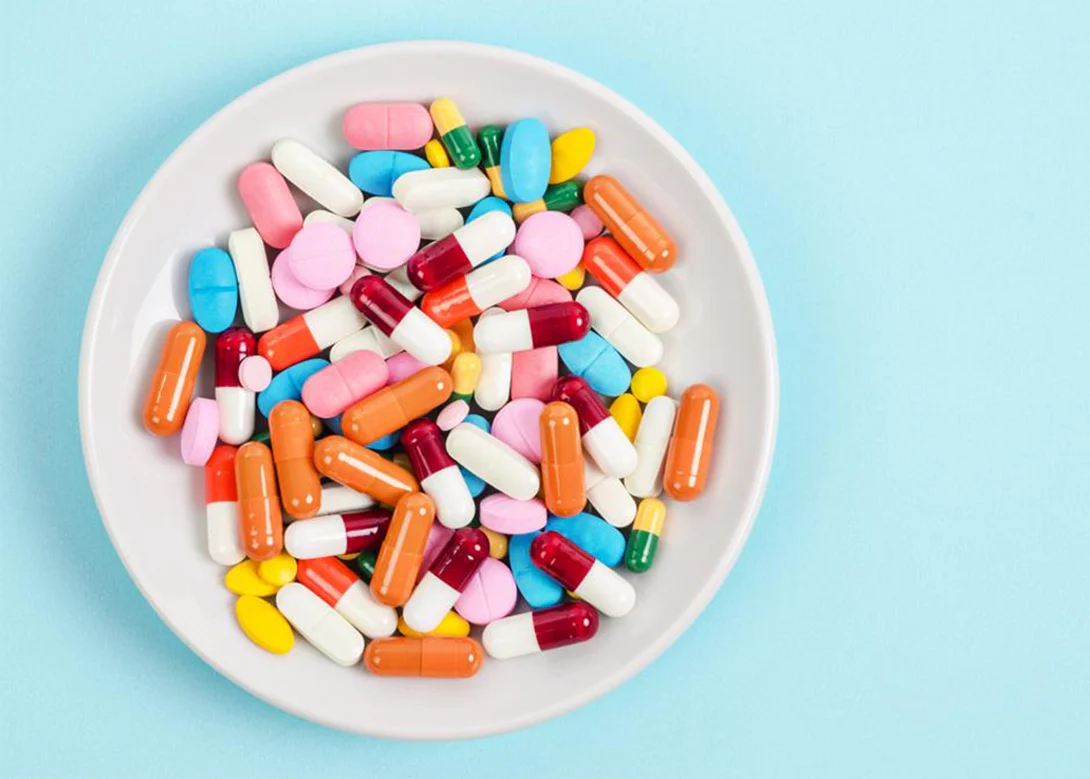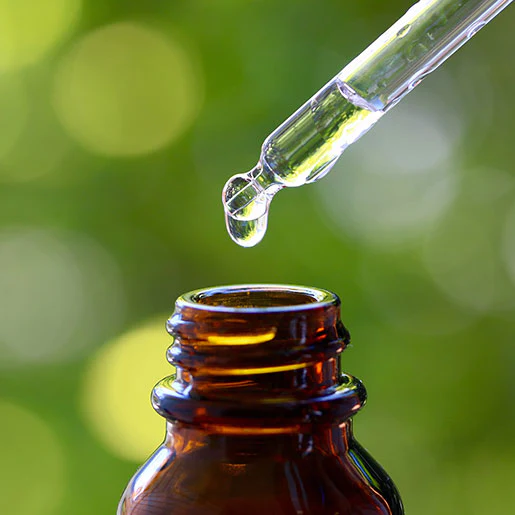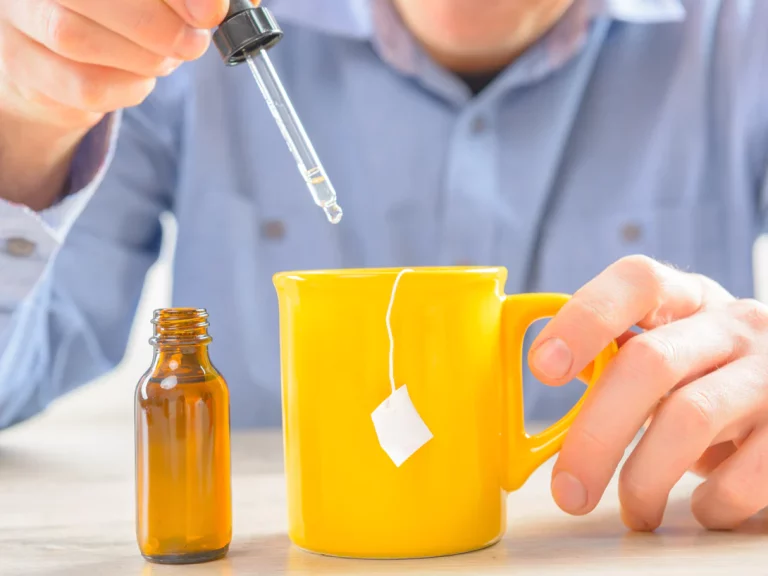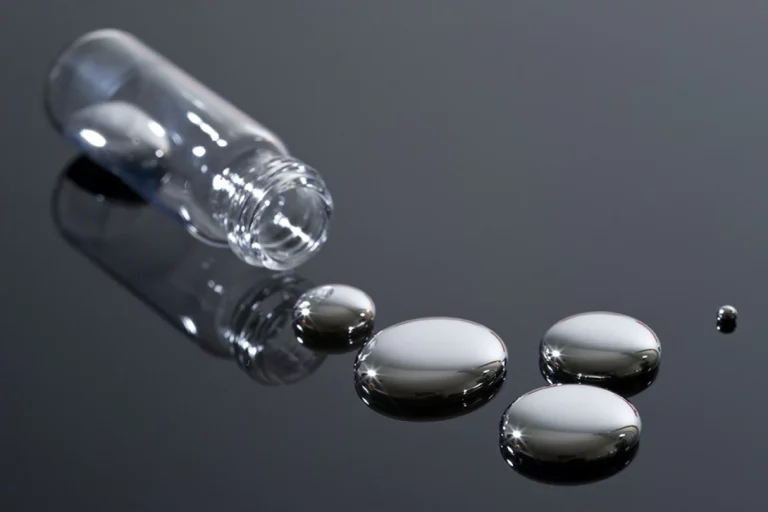Colloidal Silver is emerging as a powerful alternative to antibiotics. What’s more, research suggests that silver can be used to make antibiotics more effective.
There’s no such thing as a cure-all panacea, but research suggests that silver may be the next best thing. Researchers have found that low doses of silver can dramatically increase the effectiveness of antibiotics by making bacteria more susceptible to antibiotics. Low doses of silver may be the secret to combating antibiotic-resistant bacteria, which are currently plaguing hospitals and health care facilities around the world.
Since silver makes our current antibiotics more effective, this means we can use them to treat even resistant diseases. Until researchers develop new, more powerful antibiotics, silver may be our best recourse for fighting these deadly pathogens.
WHY IS SILVER SO EFFECTIVE AT KILLING BACTERIA?
For centuries, it has been known that silver metal has powerful antibacterial properties. However, the exact mechanisms of silver’s pathogen fighting abilities have long eluded scientists. Now, we may have the answer, or at least part of it.
Researchers at Harvard have found that silver makes bacteria produce more “reactive oxygen species” (ROS). ROS is essential for cell health and helps cells carry out various functions. However, in excess amounts, ROS can damage DNA and weaken the cell’s membranes.
It appears that this, in turn, makes the bacteria more susceptible to antibiotics. In fact, when researchers tested E. Coli and its susceptibility to antibiotics, even low doses of silver made the bacteria 10X to 1000X more susceptible to gentamicin, ofloxacin, and ampicillin. All three of these antibiotics are widely used but are slowly losing their effectiveness as pathogens build up immunity.
SILVER WORKS WELL ON ITS OWN AS WELL
Even without the use of antibiotics and other drugs, silver appears to be an effective treatment and a great alternative. Besides bacteria, silver is believed to be effective at attacking fungi, viruses, and other pathogens.
It appears that silver disrupts the metabolism of bacteria on its own. Meanwhile, bacterial, viral, and fungal membranes all seem to be susceptible to silver. Even without antibiotics, weakening membranes could kill some pathogens and also damage them enough to make it easier for the body to kill them off.
Finally, silver also appears to disrupt reproduction. Often, your body can kill off many microbes on its own but the microbes reproduce quicker than your body can destroy them. By disrupting and even stopping reproduction, silver can make diseases far more manageable.
Nanosilver offers immense health benefits- and research shows us that it’s only the beginning.







